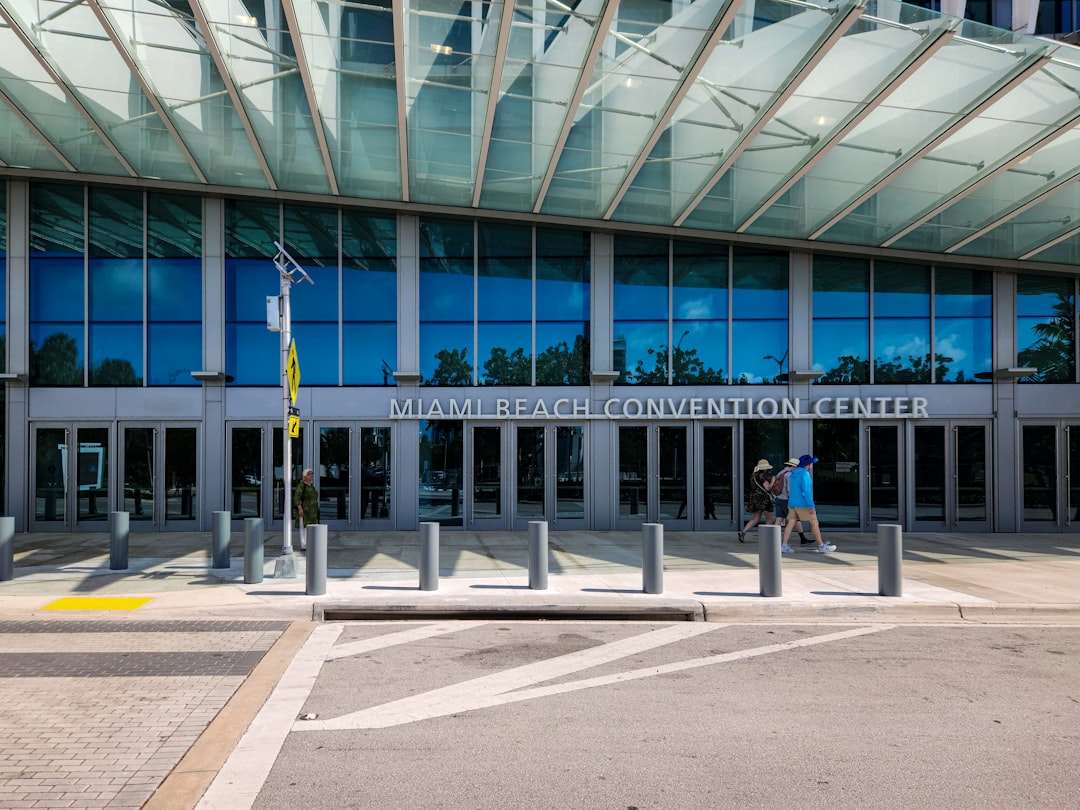Unlocking the Secrets to Successful Convention Planning
Convention planning is an art form that requires meticulous attention to detail, creative thinking, and a knack for organization. Whether you’re planning a small conference or a large-scale industry convention, there are key strategies that can help ensure your event is a resounding success.
The first step in convention planning is to establish clear goals and objectives for the event. Are you looking to educate attendees, generate leads, or simply create a memorable experience? Defining your goals will help shape every aspect of the planning process, from selecting a venue to curating the program.
Next, it’s crucial to create a detailed timeline that outlines all key milestones leading up to the event. This timeline should include deadlines for securing a venue, booking speakers, promoting the event, and managing registrations. By staying organized and proactive, you can avoid last-minute scrambling and ensure a smooth planning process.
One of the most important aspects of convention planning is selecting the right venue. The venue sets the tone for the entire event and can greatly impact attendee experience. Consider factors such as location, capacity, amenities, and overall ambiance when choosing a venue that aligns with your event’s goals.
In addition to venue selection, curating a compelling program is essential for keeping attendees engaged and excited. Whether it’s keynote speakers, breakout sessions, networking events, or entertainment, a well-rounded program can elevate your convention from ordinary to extraordinary.
Another key component of successful convention planning is marketing and promotion. Utilize a mix of online and offline channels to reach your target audience and generate buzz around the event. Social media, email campaigns, and partnerships with industry influencers can help increase visibility and drive attendance.
On the day of the event, effective communication and on-site management are critical for ensuring everything runs smoothly. Have a designated point of contact for vendors, speakers, and attendees, and be prepared to handle any unexpected issues that may arise. A well-trained event staff and clear communication plan can help mitigate potential problems and keep the event on track.
After the event concludes, don’t forget to gather feedback from attendees and stakeholders. Analyzing feedback can provide valuable insights for future events and help identify areas for improvement. By continuously evaluating and refining your convention planning process, you can ensure each event is better than the last.
In conclusion, successful convention planning requires a combination of strategic thinking, attention to detail, and a passion for creating memorable experiences. By following these key strategies and best practices, you can unlock the secrets to planning a successful convention that leaves a lasting impression on attendees.

